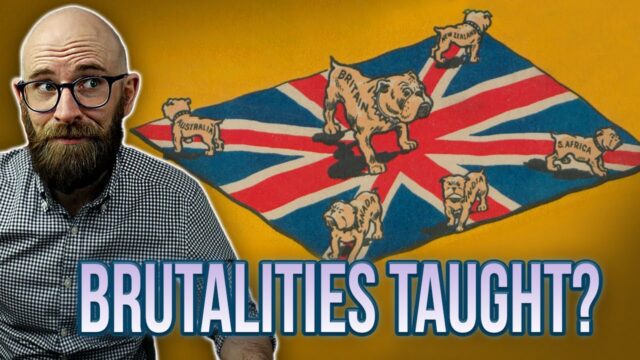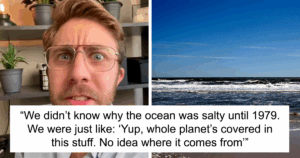“Unveiling the Forgotten Lessons: How British Schools Shape the Narrative of Empire”
Most significantly of all in the history between these two nations, around 2014 an exceptionally awkward and nerdy American with a major beard envy complex and a silky toned and beautifully bearded balding British individual teamed up to start this channel.
But going back to matters of lesser importance in the nationsâ respective histories, even in defeat on this one, the British Empire was advancing and the building of the Empire resumed in the following decades. Australia was settled in 1788 and Malacca in 1795. Then, the outcome of the Napoleonic Wars resulted in the acquisition of further former French territories. These were mainly island colonies such as Ceylon, Trinidad, Tobago, St Lucia and Malta, which made for great trading posts and bases for the Royal Navy.
New Zealand was colonised in 1840, followed by expansion in the Pacific. In 1857, as a consequence of the Mutiny of East India Companyâs private troops, the Crown assumed control in the Subcontinent. And, as mentioned earlier, in the late 19th and early 20th century, Britain completed its expansion in Africa.
I am sure everyone will have great fun at pointing out in the comments which territories not mentioned and wars of conquest ironically glossed over. But the point we wanted to make is that the history of the British Empire is an extremely long and complex topic that quite literally spans the globe.
In all this, contrary to extreme points of view on the other side, there were undeniable positive effects at points, some intentional, others less so. And when it comes to controversy and ramifications, one should acknowledge what could be considered the positive aspects of imperialism, as well as its most sinister consequences.










